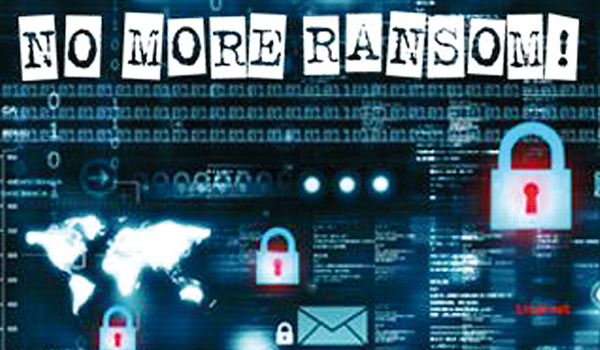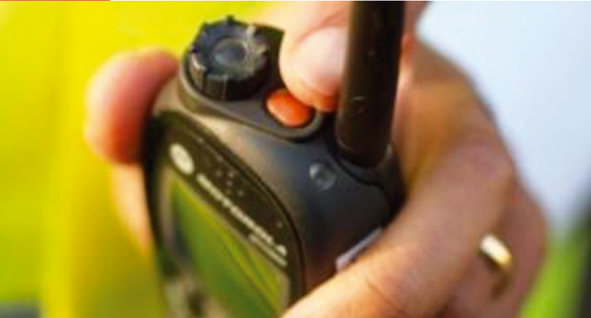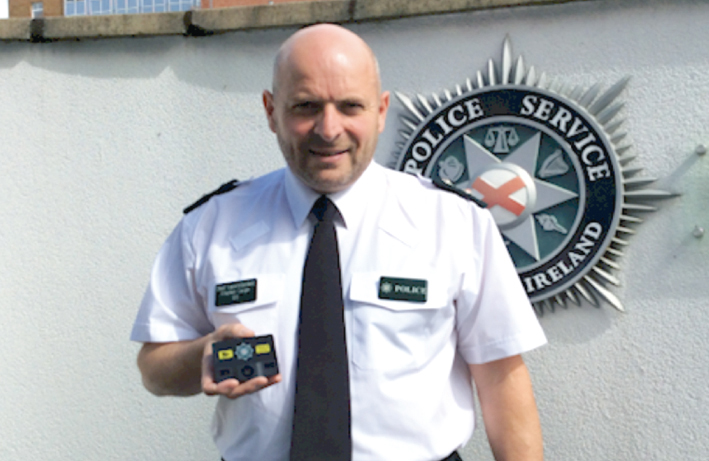Europe-wide coalition against ransomware
The UK is among the latest countries to sign up to Europols new initiative to tackle ransomware a type of malware that locks the victims computer or encrypts their data, demanding them to pay a ransom to regain control over the affected device or files.
The UK is among the latest countries to sign up to Europols new initiative to tackle ransomware a type of malware that locks the victims computer or encrypts their data, demanding them to pay a ransom to regain control over the affected device or files.
In the first two months after the No More Ransom project was launched, Europol says it deprived cybercriminals of an estimated 1.35 million euro in ransoms, with more than 2,500 victims able to decrypt their devices.
Europol says ransomware is a top threat for EU law enforcement almost two-thirds of EU member states are conducting investigations into this form of malware attack. While the target is often individual users devices, corporate and even government networks have been affected.
Despite the increasing challenges, the initiative has demonstrated that a coordinated approach by EU law enforcement that includes all relevant partners can result in significant successes in fighting this type of crime, focusing on the important areas of prevention and awareness, said Steven Wilson, head of the European Cybercrime Centre. I am confident that the online portal will continue to improve in the months to come. All police forces are warmly encouraged to join the fight.
According to Europols Internet Organised Crime Threat Assessment (IOCTA) 2016, the number of cryptoware variants has multiplied in the past year. The FBI says ransomware threats generated $209 million in the first quarter of 2016 and predicts it will exceed $1 billion for the year.
Europol says the addition of the UK to the project alongside the collaboration of the other new members, Bosnia and Herzegovina, Bulgaria, Colombia, France, Hungary, Ireland, Italy, Latvia, Lithuania, Portugal, Spain and Switzerland will result in more free decryption tools becoming available, helping even more victims to decrypt their devices and unlock their information, and damaging the cybercriminals where it hurts the most: their wallets.
No More Ransom was launched in July by the Dutch National Police, Europol, Intel Security and cybersecurity company Kaspersky Lab, introducing a new level of cooperation between law enforcement and the private sector to fight ransomware together.
The aim of the online portal www.nomoreransom.org is to provide a helpful resource for victims of ransomware. Users can find information on what ransomware is, how it works and how to protect themselves.
Europol says the more law enforcement agencies and private sector partners work together, the more decryption tools can be created and made available. Currently, five decryption tools are listed on the website.
The No More Ransom portal has attracted more than 24.5 million page views since its launch.





